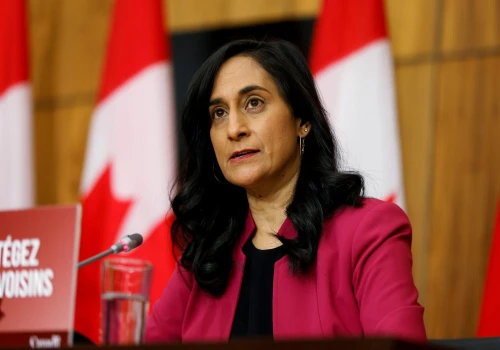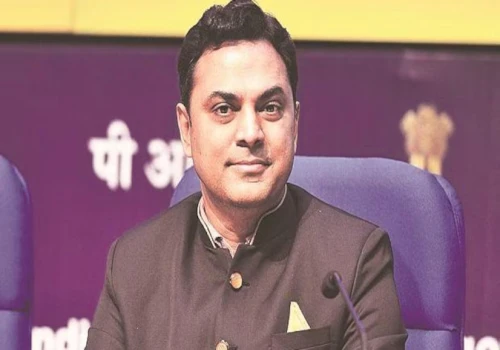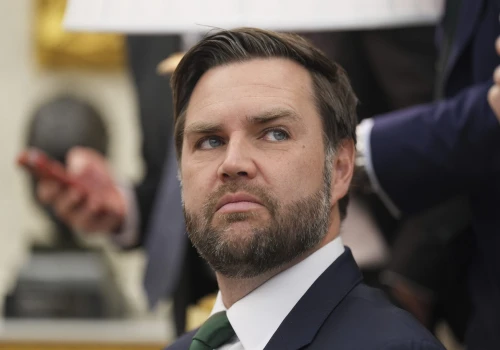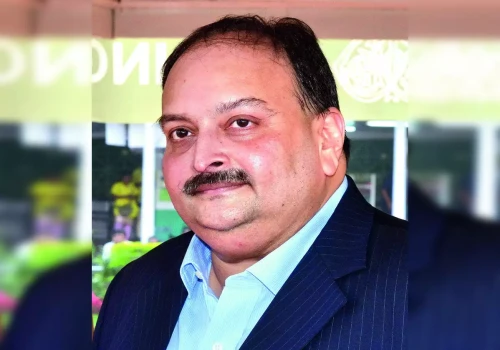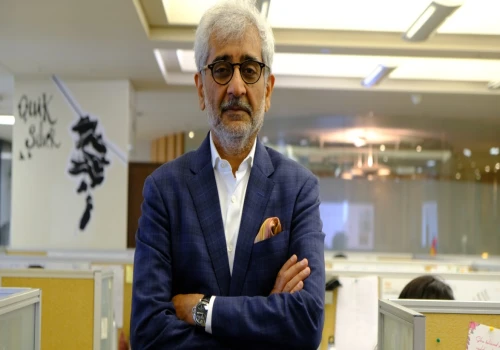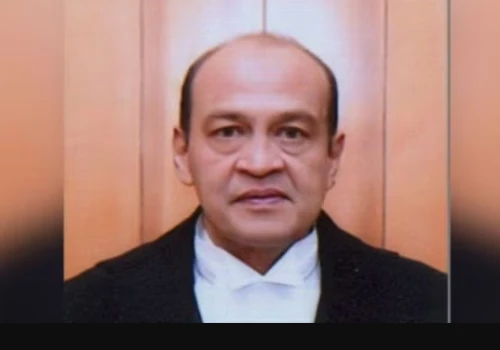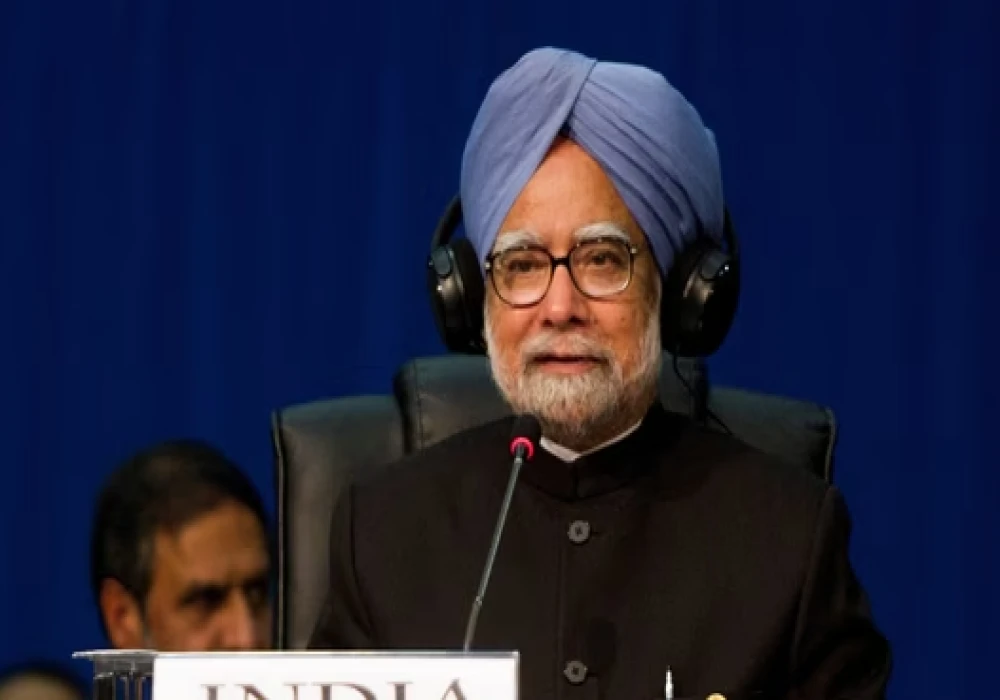
Dr. Manmohan Singh, the 14th Prime Minister of India, passed away at the age of 92, leaving behind a remarkable legacy in both Indian politics and global economics.
Known for his calm demeanor, integrity, and intellectual rigor, Singh's career spanned decades of influential political and economic contributions, especially during the transformative period of the 1990s.
He played a central role in shaping India's modern economic landscape, cementing his place as a statesman admired worldwide.
Early Life and Education
Born in Gah, now in Pakistan, in 1932, Manmohan Singh’s early life was shaped by the partition of India, which led his family to migrate to India. Singh's academic journey began with his matriculation at Punjab University in 1948, where he exhibited an early aptitude for economics.
His academic excellence led him to Cambridge University in the United Kingdom, where he earned a First-Class Honours degree in Economics in 1957. He further pursued a D.Phil in Economics at Nuffield College, Oxford University, graduating in 1962.
Singh’s academic achievements were further marked by his significant contribution to the field of economics.
His doctoral thesis, "India’s Export Trends and Prospects for Self-Sustained Growth," critiqued India’s protectionist economic policies and laid the groundwork for his later contributions to economic policy in India.
Singh’s time at prestigious institutions such as Punjab University and the Delhi School of Economics, coupled with his brief stint at the United Nations Conference on Trade and Development (UNCTAD), helped shape his intellectual approach to economic policymaking.
Political Career
Dr. Singh's entry into Indian politics came at a critical juncture, following India’s balance of payments crisis in 1991. The then Prime Minister, P. V. Narasimha Rao, appointed Singh as Finance Minister, marking the beginning of his significant political career.
Singh's expertise in economics made him the perfect choice to handle India's financial crisis. His calm and analytical approach helped guide the country through one of its most turbulent economic periods.
Key Achievements of Dr. Manmohan Singh
1. Architect of India’s Economic Liberalization (1991)
- Played a central role in steering India through its balance of payments crisis in 1991.
- Introduced critical economic reforms such as devaluation of the rupee, reduction in import tariffs, and liberalization of foreign investment policies.
- Privatised state-owned enterprises and opened the Indian economy to global markets, setting the stage for rapid economic growth.
2. Role in Securing the India-US Civil Nuclear Agreement (2008)
- Successfully negotiated the landmark India-US Civil Nuclear Deal, which allowed India to access nuclear technology and energy resources for civilian use.
- Strengthened India’s global standing and its relations with major powers, particularly the United States.
3. Economic Growth During His Tenure as Prime Minister
- Oversaw India’s GDP growth of approximately 8.5% per annum during much of his tenure as Prime Minister (2004-2014).
- Played a key role in managing the economy through the global financial crisis of 2008 without significant setbacks to India’s growth.
4. Launch of Key Social Welfare Programs
- Introduced the Mahatma Gandhi National Rural Employment Guarantee Act (MGNREGA), which provided millions of rural households with employment opportunities.
- Implemented the National Food Security Act to provide affordable food grains to India’s poor population.
5. Strengthening India’s Foreign Policy
- Led India through a period of significant international engagement, fostering stronger relations with both developed and developing countries.
- Enhanced India’s role in global forums like the United Nations and the World Trade Organization (WTO).
6. Infrastructure Development
- Facilitated significant improvements in India’s infrastructure, including roads, telecommunications, and energy sectors.
- Championed large-scale investments in modernizing India's transportation and communications infrastructure, supporting long-term economic growth.
7. Focus on Technological Advancements and Education
- Promoted initiatives to increase access to education, healthcare, and technology, contributing to India’s rise as a global leader in the information technology sector.
- Strengthened the country’s higher education system, including measures to enhance the quality of education and research.
8. Pioneering the Goods and Services Tax (GST) Reform
- Although not implemented during his tenure, Dr. Singh laid the groundwork for the GST, which was eventually passed in 2017.
- Pushed for tax reforms to simplify India’s complex tax structure and improve revenue collection.
9. Focus on Fiscal and Monetary Stability
- Managed India’s fiscal policy, keeping inflation and fiscal deficits under control despite global economic pressures.
- Established strong macroeconomic management systems that helped India avoid the worst effects of the 2008 global financial crisis.
10. Long-Standing Contribution to Indian and Global Economic Thought
- A celebrated economist with a long career at prestigious institutions like Oxford University and the United Nations.
- His scholarly works, such as "India’s Export Trends and Prospects for Self-Sustained Growth," influenced India’s economic policies and trade strategy.
Dr. Singh’s Leadership as Prime Minister
Dr. Manmohan Singh served as the Prime Minister of India from 2004 to 2014, succeeding Atal Bihari Vajpayee.
Singh took office during a time of political and social challenges, including the aftermath of the 2002 Gujarat riots and a period of political instability.
His leadership was characterized by a steady hand and an emphasis on consensus-building in a diverse and complex political environment.
One of the landmark achievements of Singh’s tenure was the India-US Civil Nuclear Agreement, signed in 2008.
This agreement marked a significant step in India's global stature, opening doors for civilian nuclear cooperation and enhancing India’s energy security.
The agreement also reflected Singh’s foreign policy acumen, as he navigated complex international negotiations to secure India’s energy future.
Social and Economic Policies
Dr. Singh’s government was also marked by a focus on inclusive growth, with several key social welfare programs launched during his time in office.
The Mahatma Gandhi National Rural Employment Guarantee Act (MGNREGA), which sought to provide employment opportunities in rural India, is one of the most notable programs.
It aimed at poverty alleviation and empowering rural communities, providing millions with work and financial stability.
Despite the successes, Singh’s tenure was also marred by corruption scandals, including the 2G spectrum case, the Commonwealth Games scam, and coal block allocations.
Legacy and Impact on India
Dr. Manmohan Singh's legacy extends far beyond his tenure as Prime Minister. His role as the architect of India’s economic liberalization in 1991 is one of the most defining moments in the nation’s modern history.
Singh’s leadership helped shape India into one of the world’s fastest-growing economies, moving away from the socialistic policies that dominated the country post-independence.


